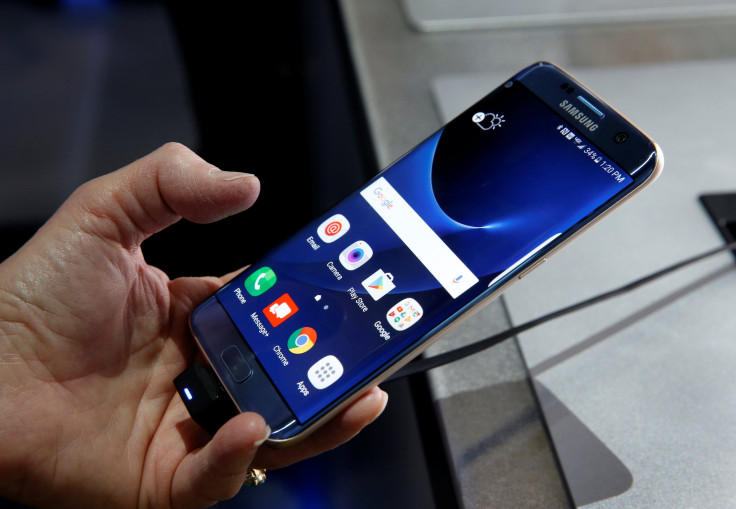FCC warns of ‘Can you hear me?’ phone scams

The Federal Communications Commission (FCC) warned about a new modus called "Can You Hear Me Scam” Monday. It urged the public to be wary about scam callers seeking to get victims to say the word “yes” on a call and later utilise it to authorise unwanted transactions on the victim’s credit card account or utility.
The FCC, an agency that implements and enforces the Telephone Consumer Protection Act, said it has already received reports from victims of such type of scam. They said fraudulent callers are impersonating representatives from organisations that provide a service or someone that the person receiving the call knows or familiar with, such as mortgage lender or utility for a legitimate reason to try to reach their potential victim. Crooks begin the scam with the line “Can you hear me?” as soon as the person from the other line picks up the phone.
The scammer then records the consumer's "Yes" response, which would serve as a voice signature. The authorisation signature will then be used by scammers to pretend to be the consumer and make fraudulent charges over the phone.
“Unwanted calls, including robocalls and telemarketing calls, are consistently a top consumer complaint the FCC receives each year,” the agency warned. Teresa Thomas, a resident of Minneapolis, Minnesota, said she received a similar phone call, ABC News reported. Thomas recalled that the person on the other line asked her the “Can you hear me?” script and proceeded to talk after she gave a Yes reply.
The public is advised to immediately hang up when asked the “Can you hear me?” line at the onset of the call. It is also recommended to avoid answering phone calls from unknown numbers, and let them go to voicemail instead.
For those who have responded with the “Can you hear me?”scam, the FCC suggested reviewing all types of statements, such as those from the bank, credit card lender or telephone company for unauthorised transactions. You may also ask your phone service provider if it offers robocall blocking service or register phone numbers to the National Do Not Call Registry, which protects both landline and wireless phones. Even fraudulent text messages are protected by the FCC.
Cases like these need to be reported to Better Business Bureau’s Scam Tracker and to the FCC Consumer Help Center. For more information and resources on how to block or filter unwanted calls, visit the FCC’s website.





















